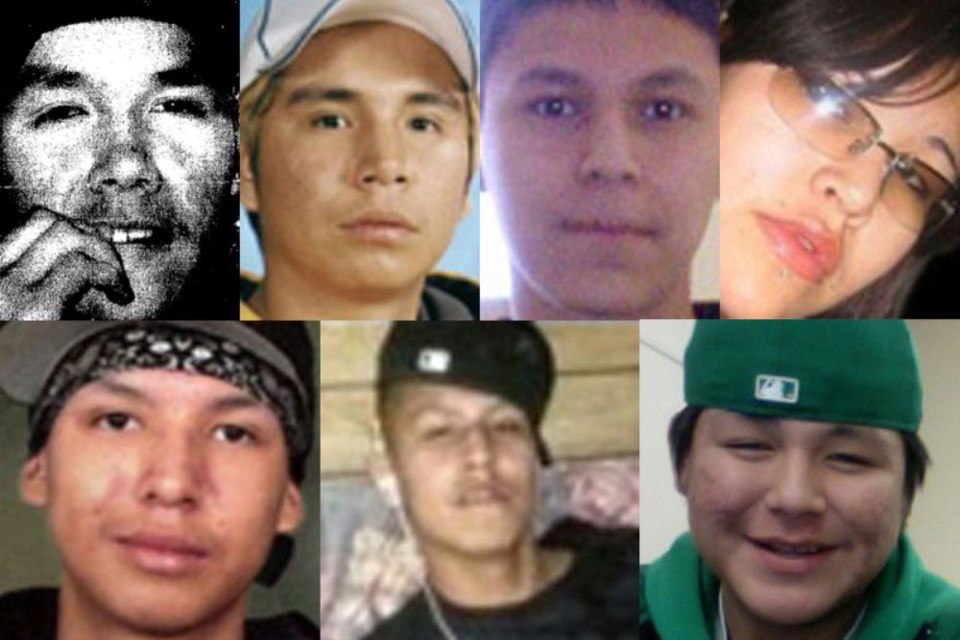THUNDER BAY -- The city is processing the lessons it learned from the 2016 coroner's inquest into the deaths of seven First Nations students from remote communities who were in Thunder Bay pursuing their education.
City administration will present city council with its response to the 31 of the 145 inquest recommendations that impact the municipality at a meeting on Monday.
"At the heart, these recommendations are about making improvements to make Thunder Bay safe. That's part of it but also equitable, inclusive and a place where all youth can thrive and have an opportunity to succeed," said city corporate strategic services manager Karen Lewis, who is leading the city's response to the inquest.
"That's things very broad things like recreation programs, it's employment. it's being able to get around. It's dealing with racism. It's inclusion programs. It's very extensive and those things will be good for everyone."
The city is calling on senior levels of government to invest $1.35 million over five years to increase youth inclusion programming. The plan suggests mentorship and recreational youth activities be created in neighbourhoods across the city.
"They (youth) need extracurricular activities," Lewis said. "They need opportunities to thrive and be engaged and to succeed at school. So they youth inclusion program is very important in terms of providing those programs after school."
The programs would complement the city's plan to improve Indigenous consultation in recreation and strengthen extracurricular opportunities in partnership with Dennis Franklin Cromarty High School.
Lewis said city staff have already begun extensive and ongoing discussions with Indigenous partners that, pending council approval, will increase orientation to the city before students move from the Far North and deepen orientation when they arrive.
It proposes establishing a detox centre for youth under 25 years of age and meetings with Indigenous stakeholders would inform an evaluation of Thunder Bay Transit's policy when encountering intoxicated mass transit riders.
Lewis said the city intends to transform its outreach approach on matters impacting Indigenous people in the spirit of self-determination, as it was expressed in the inquest's recommendations.
She sees the plan as an extension of the city's anti-racism efforts over the last decade, including the Respect initiative, the Crime Prevention Council, the Thunder Bay Drug Strategy, and the Aboriginal Liaison Strategy.
"We're deepening the relationship. We understand First nations communities and peoples are best-suited to say what their needs are and we are listening," she said.
"I think by the city of Thunder Bay, through city council, asking for standing at the inquest was acknowledging our leadership role in making those changes that are beneficial to the communities."
